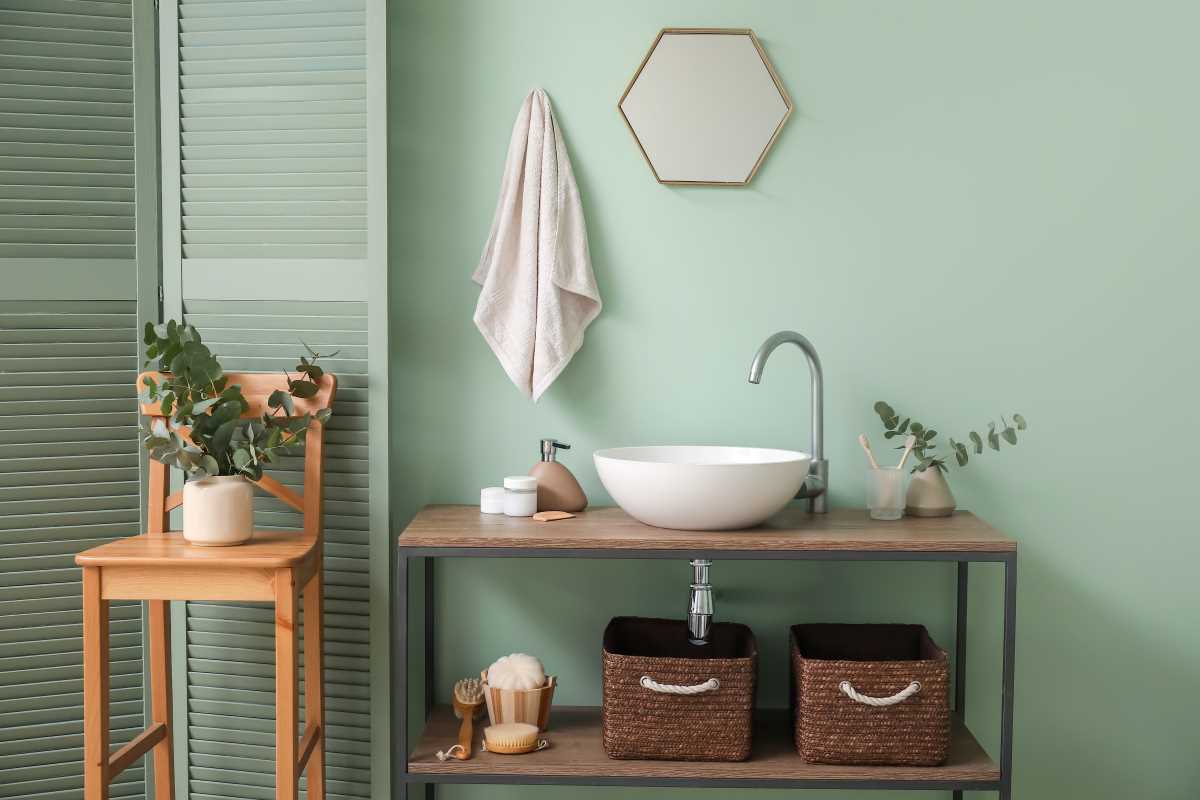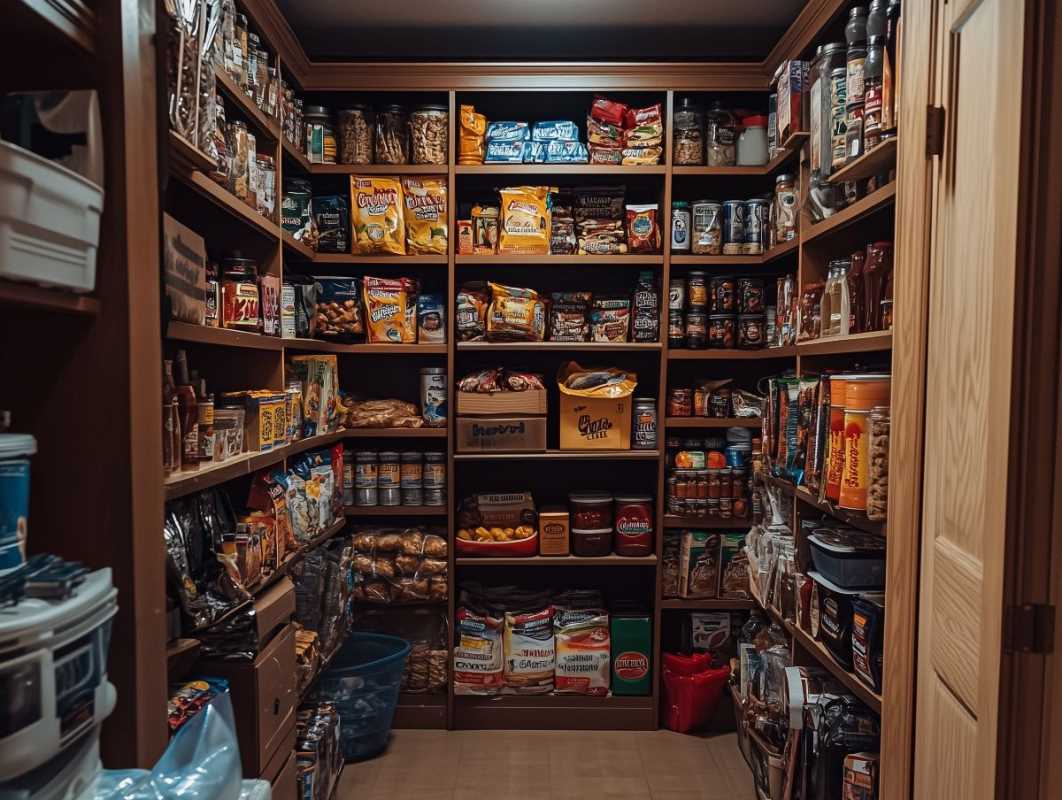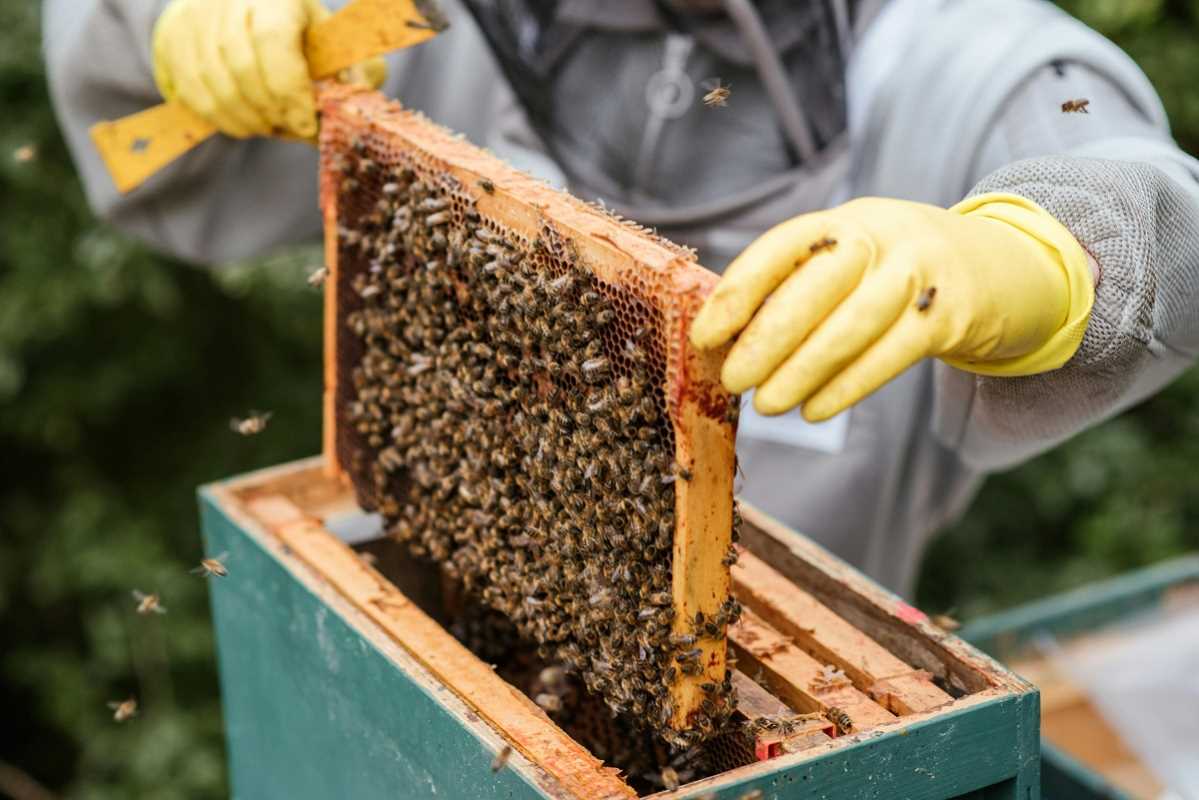The bathroom might not be the first place you think of when it comes to reducing waste, but it’s an area where small, sustainable changes can lead to big environmental benefits. From single-use plastics to products wrapped in layers of unnecessary packaging, the bathroom is a hotspot for waste. However, achieving a zero-waste bathroom doesn’t have to be daunting or require a massive overhaul. With a few simple swaps, you can drastically reduce your impact while maintaining a routine that feels just as convenient and indulgent as before.
This guide is packed with practical tips and achievable swaps to help you create an eco-friendly bathroom that aligns with your commitment to sustainability.
Why Go Zero-Waste in the Bathroom?
The bathroom is home to a surprising amount of disposable products. Think about how many plastic shampoo bottles, cotton pads, or toothpaste tubes you go through in a year. Most of these items aren’t recyclable, and they add to the growing mountains of waste in landfills and oceans.
Switching to zero-waste alternatives helps minimize your ecological footprint by using healthier products. Many sustainable options are free from unnecessary chemicals and synthetic additives, allowing you to take care of yourself and the planet at the same time.
Start With Small, Impactful Swaps
Creating a zero-waste bathroom doesn’t mean replacing every item overnight. Start small and focus on swaps that fit into your routine seamlessly. Below are some simple but impactful changes to consider.
1. Upgrade to a Bamboo Toothbrush
Plastic toothbrushes are a significant source of waste, with billions discarded worldwide every year. A bamboo toothbrush is an eco-friendly alternative that biodegrades after use, unlike its plastic counterpart.
Environmental Benefits:
- Bamboo is renewable and fast-growing, requiring minimal resources to cultivate.
- Many bamboo toothbrushes come with compostable handles and recyclable bristles.
Shopping Tip:
Check that the toothbrush packaging is plastic-free, and look for brands like Brush with Bamboo or Humble Co. that prioritize sustainability.
2. Switch to Reusable Cotton Rounds
Cotton pads and makeup wipes are convenient but generate substantial waste. Reusable cotton rounds offer the same functionality and can simply be tossed in the washing machine when dirty.
Why They’re Better:
- Reusable rounds are often made from organic cotton, reducing water-intensive farming practices.
- They’re durable and can replace hundreds of disposable pads over their lifespan.
Tip:
Invest in two sets of reusable rounds to ensure you always have some clean and ready to use. Many brands also sell mesh laundry bags for washing them without losing a single one.
3. Say Goodbye to Shampoo and Conditioner Bottles
One of the easiest ways to cut back on bathroom waste is by switching from liquid to solid shampoo and conditioner bars. These bars last just as long as bottled products and work just as effectively.
Advantages:
- No bulky plastic bottles ending up in landfills.
- Many bars are made with natural ingredients, aligning with zero-waste principles.
How to Store Them:
Use a soap dish with drainage to prevent your bars from becoming soggy, and keep them in a dry spot away from shower spray.
Product to Try:
Lush’s solid shampoo bars are a popular choice due to their variety of scents and eco-friendly packaging.
4. Swap Out Disposable Razors for a Safety Razor
Disposable razors may conveniently offer a quick shave, but they contribute significantly to plastic waste. A metal safety razor is a time-tested and sustainable alternative.
Why It Works:
- Safety razors are made from durable materials like stainless steel, and you only need to replace the blades, which are recyclable.
- With proper care, a safety razor can last a lifetime.
Tip:
Practice using a safety razor gently to avoid cuts, and make sure to store it in a dry place to prevent rust.
5. Opt for Bar Soap Over Bottled Hand and Body Wash
Bar soaps are classic, effective, and require far less packaging compared to liquid soaps in plastic bottles. Many artisan brands also offer beautiful, chemical-free bars with moisturizing properties.
Additional Benefits:
- Bar soaps use fewer preservatives and often come wrapped in compostable paper.
- They take up less space in your bathroom and are lightweight for travel.
Look for locally made or small-batch soaps to support artisans and reduce transportation emissions.
6. Zero-Waste Dental Care Options
Beyond toothbrushes, dental floss is another area where you can cut back on waste. Conventional floss often uses plastic, but compostable options made from silk or corn-based materials are available.
Brands Making a Difference:
Check out options like Dental Lace, which offers floss in refillable glass containers, or Cocofloss, made with eco-friendly materials.
7. Invest in a Bidet Attachment
Toilet paper is a major contributor to deforestation and waste. By installing a bidet attachment, you can reduce or even eliminate the need for toilet paper.
Why It’s Worth It:
- Bidets reduce the demand for wood pulp used in manufacturing toilet paper.
- They also save money on your monthly household essentials budget.
Installation:
Most affordable bidet attachments are easy to install and require little more than access to your toilet water line.
8. Rethink Packaging With Refill Stations
Seek out refills for products like hand soap, lotion, or even toothpaste. Many health food stores feature refill stations where you can bring your own containers to stock up on essentials.
Benefits:
- Limit single-use plastics by reusing the same container repeatedly.
- Support a circular economy by purchasing from businesses with refill programs.
9. Store Essentials in Glass or Stainless Steel
Try decanting your oils, powders, or bath salts into glass jars for a streamlined, waste-free aesthetic. Stainless steel pump bottles are excellent for liquid products, offering durability and sleek design.
What to Do With Existing Products
It’s tempting to swap everything out at once, but the most sustainable path is to use up what you already have. Recycle empty containers where possible, and repurpose jars or bottles for other household uses, such as plant propagation or DIY cleaning products.
How to Find Sustainable Bathroom Products
Shifting to a zero-waste bathroom is easier when you know where to shop.
- Local Zero-Waste Stores: Many cities now host stores where you can find reusable and packaging-free items.
- Online Retailers: Websites like EarthHero and Package Free Shop specialize in zero-waste products.
- Farmers’ Markets: These often feature handmade soaps, scrubs, and other bathroom essentials.
 (Image via
(Image via





